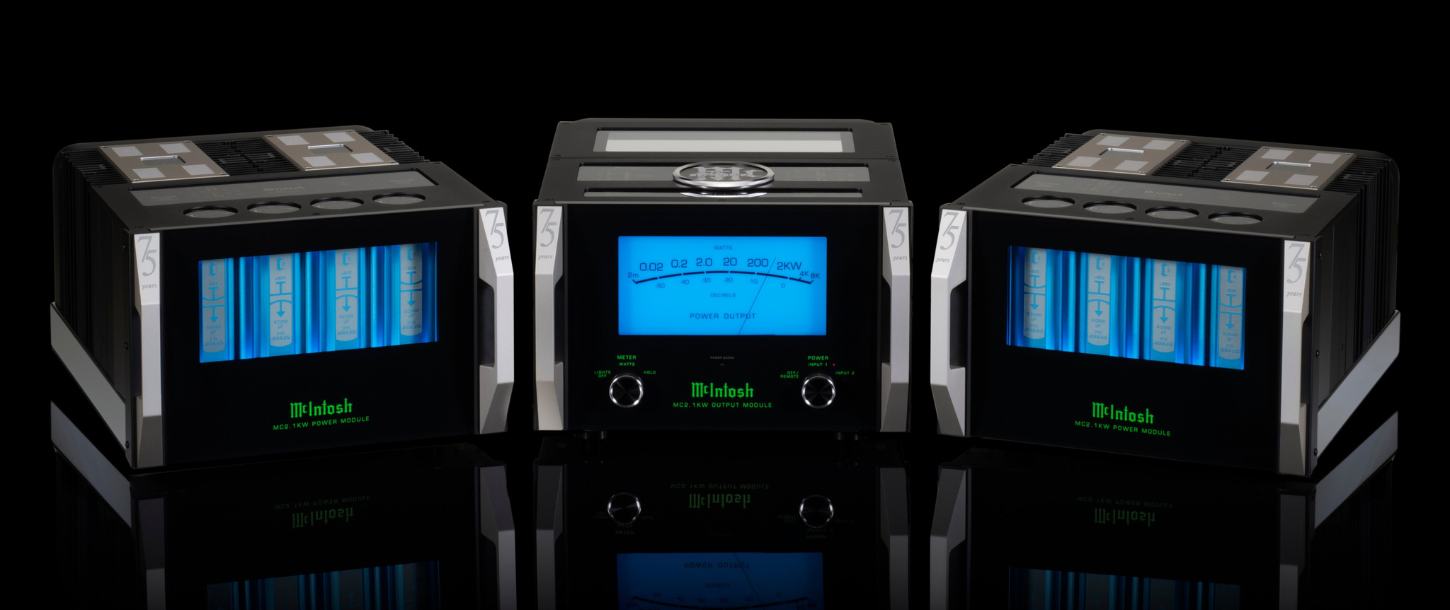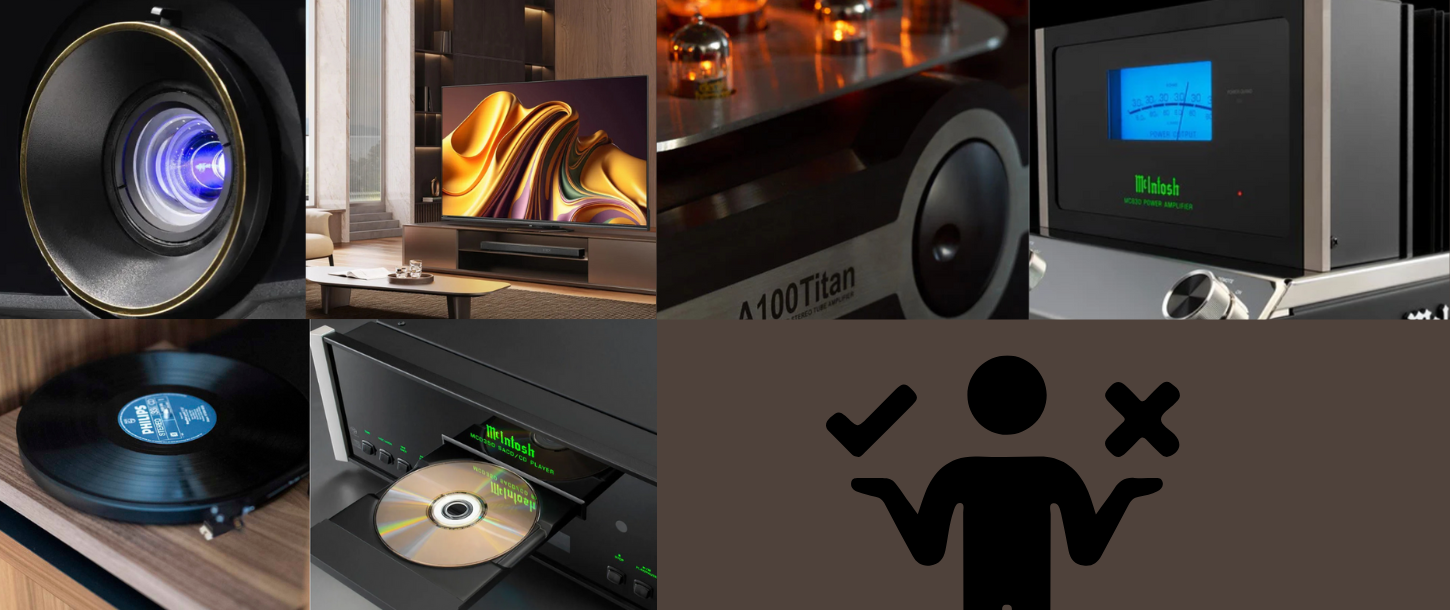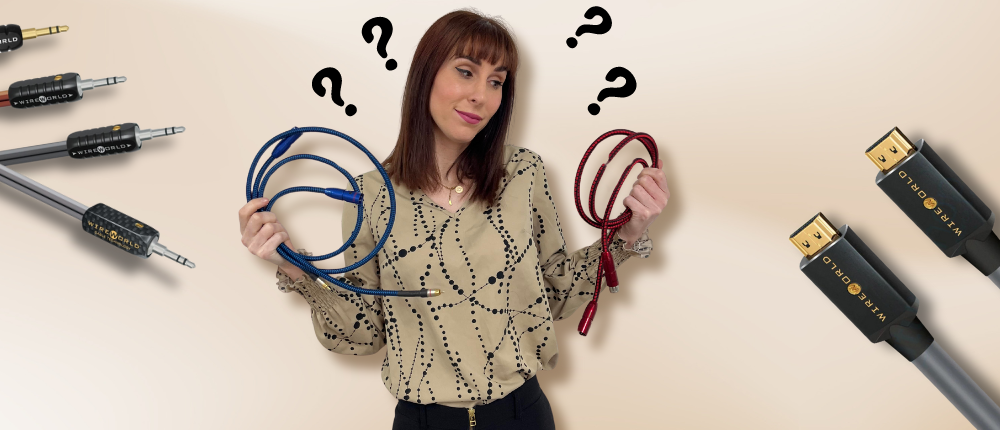When upgrading your audio system, most people focus on the speakers or the source - like a turntable, CD player, or streaming device. But there’s one component that plays a vital role in how everything sounds: the amplifier.
If you've ever wondered what an amplifier actually does, and why it's so important, this guide will give you the clarity you need.
What Does an Amplifier Do?
An amplifier takes a weak audio signal from your source and boosts it so that your speakers can produce sound at the correct volume and clarity. Think of it as the powerhouse of your audio system. Without an amplifier, even the best speakers in the world won’t perform as they should.

How It Works (Simply Explained)
-
Signal Input: The amplifier receives a low-level audio signal from your music source.
-
Amplification Process: It increases the strength of that signal using power from your electrical supply.
-
Signal Output: The amplified signal is sent to your speakers so they can generate sound at the desired volume.
The quality of the amplifier directly affects the accuracy and richness of your sound.
Why Amplifiers Are So Important
Here are a few reasons why the amplifier is such a critical part of any audio system:
1. Power and Volume Control
Your amplifier ensures your speakers are receiving enough power. Too little, and your sound may seem dull or weak. Too much, and you risk distortion or even damaging your speakers. The right amplifier matches your speakers in terms of power and impedance, providing clean and safe performance.
2. Sound Quality
A good amplifier doesn’t just make things louder—it makes them better. It reveals subtle details in your music, improves bass control, and creates a clearer soundstage. You'll hear sharper vocals, deeper lows, and overall better dynamics.
3. System Compatibility and Functionality
Amplifiers come in different forms, depending on the setup:
-
Integrated amplifiers combine both preamp and power amp functions in one box.
-
AV receivers are designed for home theatre systems and handle both amplification and surround sound processing.
-
Separate preamps and power amps are often used in high-end systems for greater control and performance.

When Should You Consider Upgrading Your Amplifier?
Here are some common signs that your current amplifier may need an upgrade:
-
You’ve added new speakers and need more power.
-
You notice distortion at higher volumes.
-
The sound lacks clarity, punch, or depth.
-
Your amplifier doesn’t support newer formats or connections.
-
You’re moving from stereo to a home theatre or multi-room setup.
How to Choose the Right Amplifier
When shopping for an amplifier, consider the following:
-
Power output: Match the wattage to your speakers’ needs.
-
Impedance compatibility: Make sure the amp can handle your speaker load.
-
Connections: Check for enough inputs/outputs for your sources.
-
Use case: Whether it’s for music, movies, vinyl, or streaming.
-
Technology: Choose between solid-state, tube, Class A, Class D, etc., based on your preferences.
The amplifier is more than just another box in your system-it's the engine that powers the entire listening experience. Without it, you don’t just lose volume-you lose richness, clarity, and emotion. If you're building or upgrading your audio system, don't overlook this critical component.

Ready to Power Up Your Sound?
We’re here to help you find the right amplifier for your system, your space, and your listening style. Whether you're a casual listener or an audiophile, we'll guide you through the best options to match your needs.
Contact us today to learn more or schedule a personalized consultation.





